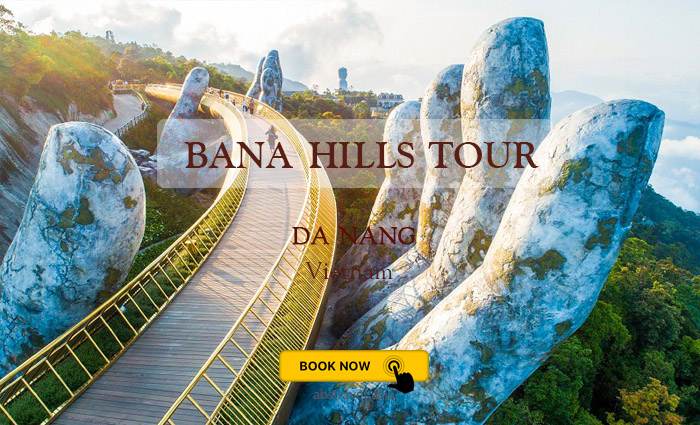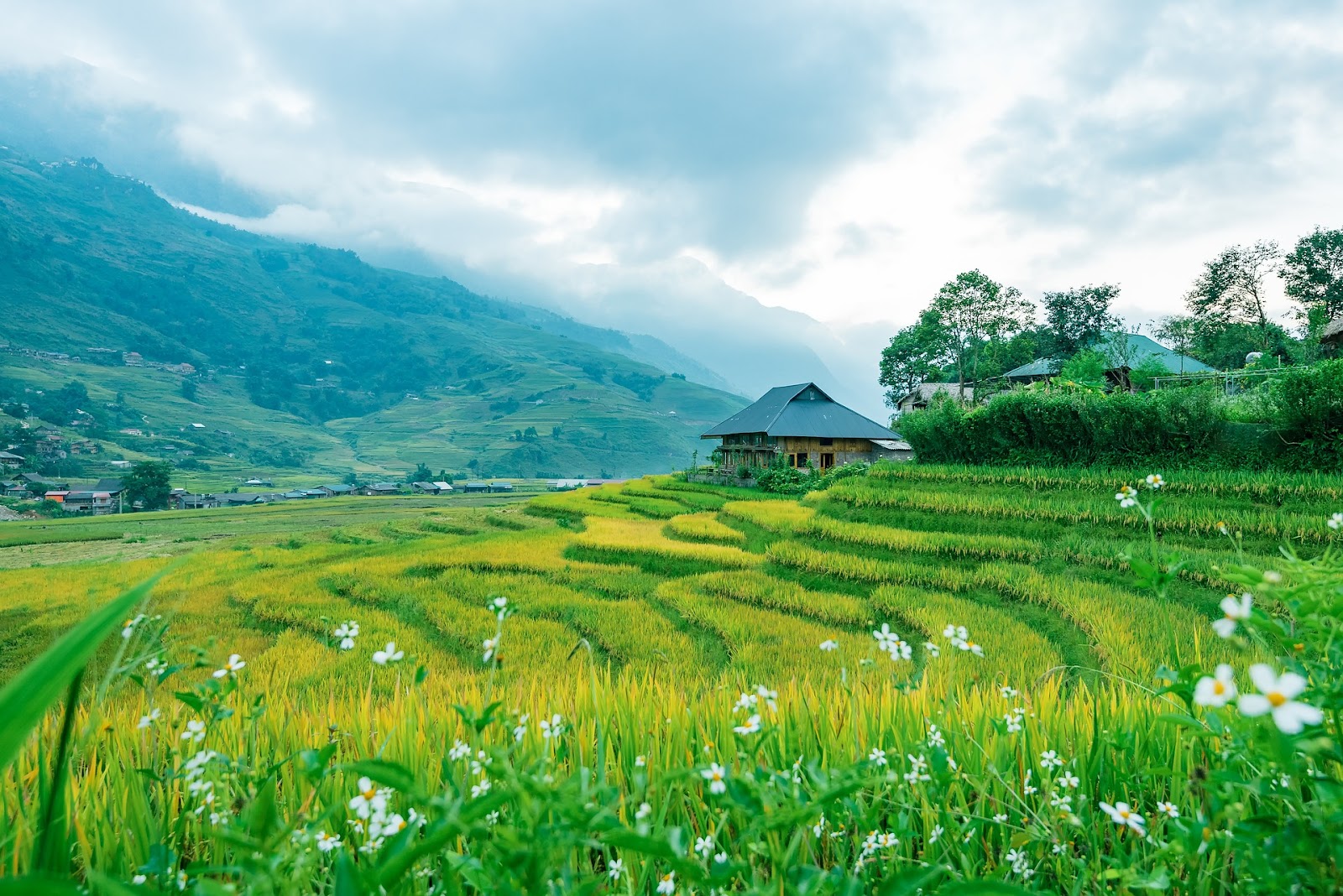Vietnam has a long, war-torn history and is physically an elongated, beautiful and diverse country. Both history and geography have had a dramatic impact on the people. There are significant differences across generations and between provinces.
Nowadays, the culture of Vietnamese people is a topic that little written about. However, there still have many cultural values which have existed for very long time till now, and it will be very excited for who want to understand Vietnam culture, especially for foreign tourists travel to Vietnam. Therefore, Vietnam culture has also become an important point attracting tours in Vietnam.
Coming here , visitors will be impressed by the culture – the water culture.
For centuries, land, water and people of the Mekong Delta have lived as one.
The rainy season inevitably comes with river erosion. Some people wonder why others still build houses on river and canal banks despite the danger. The reasons are numerous: A lack of housing land; these locations are ideal for trade; or their homes have been there for generations, thus breeding familiarity. Nonetheless, there seem to be other profound reasons that we sometimes do not thoroughly comprehend, such as “the water culture!”
Residents of the Mekong Delta have seen water since the moment they were born. When they started learning to walk is when they also began to play with water. The childhood memories of quite a few are imprinted with the sight of water, bathing in the river or rain or launching paper boats.
While growing up, many already helped their families choose the tides to paddle around or to water rice fields. Some simply sat on the river bank, gazing at the rippling moonlight whenever a fish bit the bait. There are also plenty of brides who have to take hours-long boat trips on the river when leaving for their husbands’ homes, and anxious grooms fearing the late flow of the tide would delay their journeys to pick up their brides.
Water also offers gathering locations for the community to trade, which gradually turns into floating markets. Therefore, wherever rivers and canals converge, there is a market, such as Nga Bay (Seven-junction) market. Wherever rivers and roads meet, a market emerges. Walking along the roads of the Mekong Delta, it is easy to spot a market right on a bridge slope.
For generations, the Mekong Delta inhabitants have regarded water and land as one. Where there is land, or water, there are houses. Traffic, trade, transport and fishing activities are just as dynamic as they are on land.
Thus, houses built close to one another along rivers and canals are always within eyesight. Where there is less risk of flooding during high-tide season, people build houses on the ground; where the water is deep, stilt houses will be built. Boats are parked right beneath such houses for the convenience of transport as well as shelter from the sun or rain.
The reason why water is friendly to people and people are not afraid of it is because it brings people a great deal of free services. These include daily activities; growing rice, fruit and vegetables; raising poultry, fish and shrimps; even for deacidifying and desalinating fields, ponds and farms.
When troubled by sorrow, worries, business losses or frequently sick children, people also rely on water flows to bring away the bad luck. Offerings include incense sticks and candles, which are all put on a raft made of banana trees and decorated with colorful flags and flowers. The raft is then launched into the river, which is known as worshiping the river deity.
The mingling of land, water and human beings for centuries runs deep in the veins of the Mekong Delta people, making them free, determined and fearless. Invaluable life experiences have been summed up and passed on to succeeding generations through folk sayings, such as “Flowing water will wear away stone,” or “Shore pushed by water eventually collapses.” Such proverbs carry philosophical meanings and educate people about self-discipline, treatment of others as well as nature.
Although we are living in an industrial era, it seems the culture of water still sustains its value.
Tours in Vietnam - Vietnam Travel




0 Comments